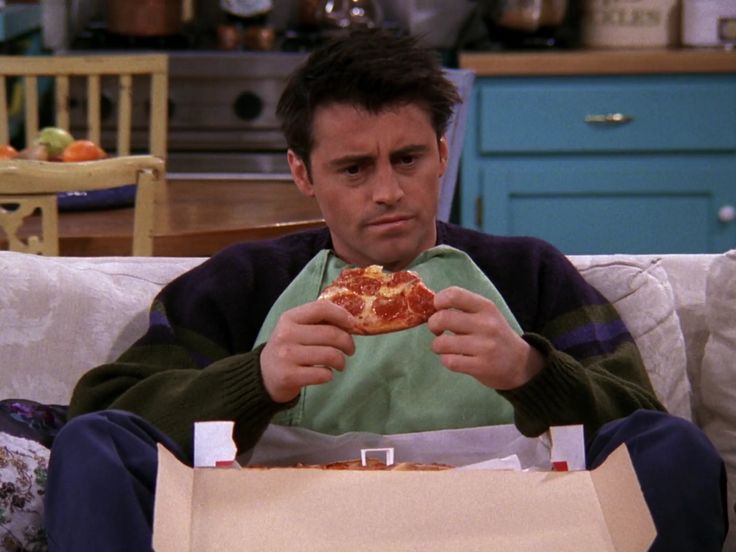In the realm of iconic sitcoms, few hold the same level of reverence and adoration as Friends. The series, which premiered in 1994, continues to captivate audiences worldwide with its timeless humor, endearing characters, and relatable storylines. However, even the most beloved shows are not without their flaws, and Friends is no exception. Throughout its 10-season run, the sitcom was riddled with plot holes and inconsistencies, but one particular oversight stood out above the rest.
In Season 6, Episode 8, titled “The One with Ross’s Teeth,” Friends cleverly addressed its most glaring plot hole through a brilliant observation from Joey Tribbiani, portrayed by Matt LeBlanc. As the central group of friends lounges at their favorite hangout spot, Central Perk, Joey astutely points out the implausibility of their leisurely midday gatherings.
The scene unfolds as Rachel Green, played by Jennifer Aniston, expresses dissatisfaction with her boss to her friends. Monica, Chandler, and Ross all commiserate, speculating that perhaps it’s a universal experience. However, Joey interjects with a simple yet profound observation: “maybe…it’s because you’re all hanging around here at 11:30 on a Wednesday!”
With this single line, Joey highlights a recurring absurdity throughout the series: the group’s frequent presence at Central Perk during typical work hours. Despite the characters holding various jobs and responsibilities, they often convene at the coffee shop during the day, seemingly without repercussions. Joey’s observation serves as a meta-commentary on the show’s narrative convenience, acknowledging the implausibility while maintaining its comedic charm.
The Central Perk plot hole, while glaring, was an essential component of Friends’ formula for success. As the title suggests, the sitcom revolves around the core group of friends and their interactions with one another. Central Perk serves as more than just a coffee shop; it’s a symbolic gathering place where the characters bond, share laughs, and navigate life’s ups and downs together.
While the show could have addressed the logistical improbability of their frequent coffee breaks, doing so would have altered the fundamental dynamic that made Friends so beloved. By prioritizing the central friendships and relationships, the writers opted to embrace the plot hole rather than reconcile it, allowing viewers to suspend their disbelief for the sake of enjoying the show’s humor and heartwarming moments.
In the end, Friends may have had its fair share of plot holes, but it’s the enduring camaraderie of its characters and the laughter they shared that continue to resonate with audiences decades later. And perhaps, it’s Joey’s astute observation about their coffee shop rendezvous that reminds us to appreciate the show’s imperfections, quirks, and all.
FAQ
What was the most glaring plot hole in Friends, according to Joey?
In season 6, episode 8, Joey points out the implausibility of the group hanging out at Central Perk in the middle of a workday, considering they all have jobs.
Why was the Central Perk plot hole significant in Friends?
The Central Perk plot hole was necessary for the sitcom to work because it provided a central meeting location for the core friend group to frequent and catch up on each other’s lives. Despite its implausibility, it was crucial for the premise of the show.
Did Friends attempt to reconcile the Central Perk plot hole?
No, Friends did not attempt to reconcile the plot hole. Instead, it acknowledged the implausibility through Joey’s observation in season 6, maintaining the humor of the situation.
How did Friends justify the group’s frequent visits to Central Perk?
Friends justified the group’s frequent visits to Central Perk by emphasizing the importance of their friendships and the convenience of having a central hangout spot, even if it meant sacrificing believability.
Why did Friends prioritize having the group together in almost every episode?
Friends prioritized having the group together in almost every episode to focus on the core friendships and relationships within the friend group. While sacrificing some degree of believability, this approach contributed to the show’s success and longevity.
